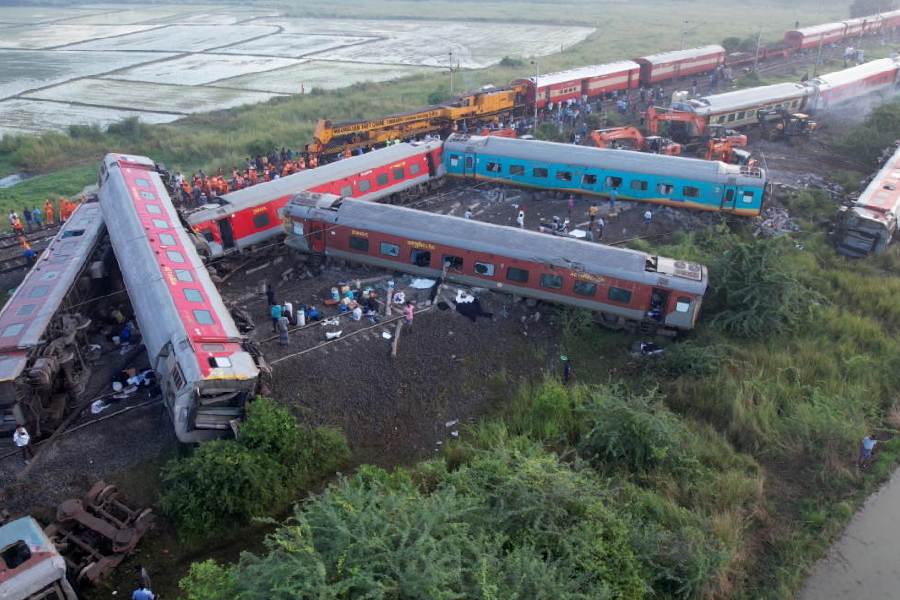In the last five years, 351 people died and 970 were injured in 200 consequential railway accidents, according to the latest data released by the railways in response to a Right to Information query. The data prompt the following question: has the railways been derailed on account of compromises in safety standards and misguided priorities? An estimated 97% of the railway network lacks the anti-collision system, Kavach, in spite of its official adoption by the Indian railways way back in 2020. In roughly the same period that these 200 accidents took place, instead of prioritising the upgradation of existing infrastructure and making trains safer, the railways spent thousands of crores on Vande Bharat trains that a majority of Indians cannot even afford. This expenditure does not include the Rs 1.08 lakh crore that has been invested in the prime minister’s flagship bullet train project. That is not all. Data suggest that over 18,000 posts for loco pilots and assistant loco pilots have been lying vacant for years. The resultant shortage of manpower has led to train drivers working longer shifts, heightening the chances of human error. A report by the Comptroller and Auditor General also shows that any reduction in the number of train accidents in recent times has largely been a result of the manning of unmanned railroad crossings. But there are other chinks in the railways’ armour. Over 50,000 posts related to the operational safety of the railways lie vacant. The CAG report also expressed serious concerns about the continuing high rate of asset failures, particularly signal failures and rail fractures. Some of the worst train accidents in the past five years have been due to these factors.
Yet, the government appears to have its head buried in the sand. The Union minister of railways recently compared the present number of accidents to one from over a decade ago to argue that there has been an improvement. He must ensure that the modernisation of railway infrastructure along with the installation of safety technology like Kavach are undertaken on a war footing. The excuse of prohibitive costs cannot be used as a fig leaf given the railways’ enthusiasm for other costly investments. There must also be a complete re-evaluation of railway projects so that passenger safety is put before other endeavours that could turn out to be the proverbial white elephant.










